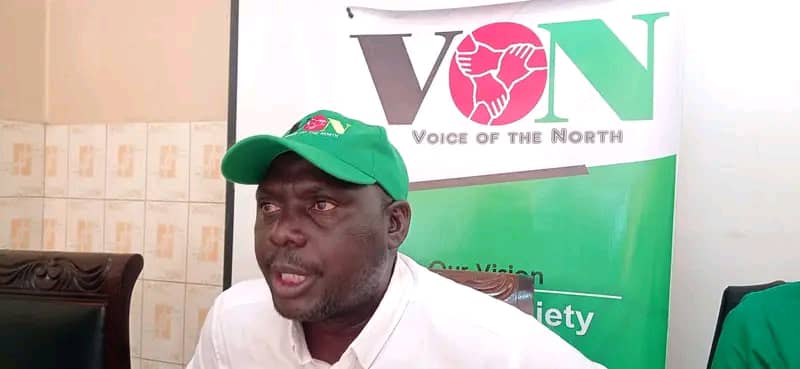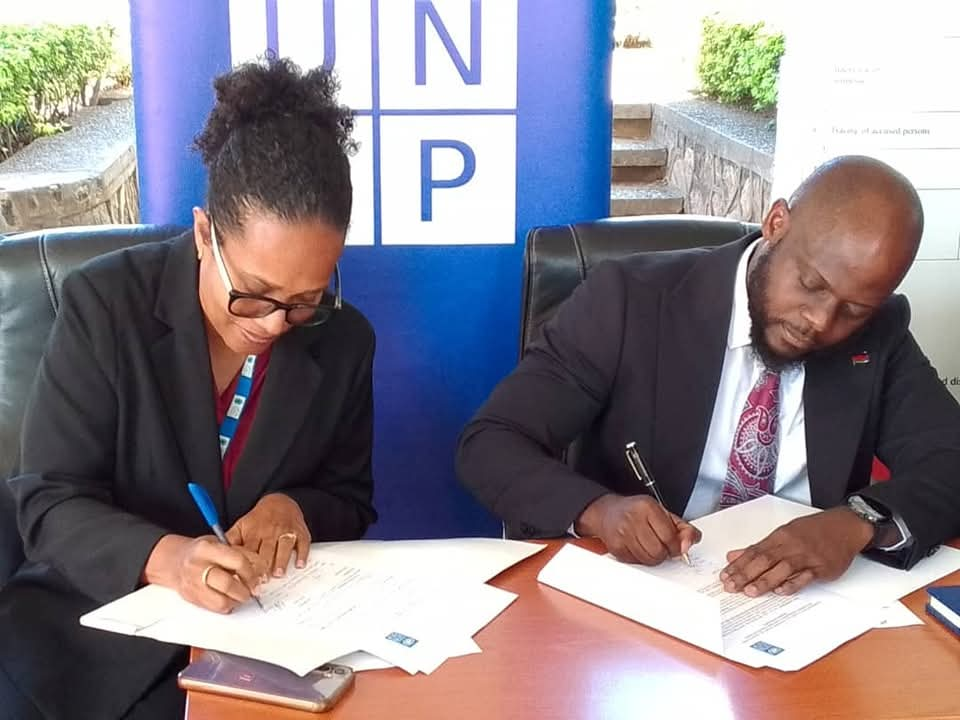By Burnett Munthali
A group called Voice of the North (VON) has recently made a strong case for federalism or rotational leadership as the key solution to eliminating tribalism and regionalism within Malawi’s political leadership.
At a press briefing held in Mzuzu, the Board of Trustees Chair for VON, Davie Botha, addressed the public, stating that such a system would promote a fair and balanced distribution of development across all regions of the country, which he claims is sorely lacking in the current system.
Botha explained that the current political structure tends to favor certain regions and neglect others, leading to a sense of imbalance and inequality in the way resources and development projects are allocated across Malawi.
He further elaborated that by implementing federalism or a rotational leadership model, the government would ensure that all regions, regardless of their ethnic makeup, receive equal attention in terms of infrastructure, economic opportunities, and social services.
A significant point raised by Botha was the fact that the Northern Region, home to numerous tribes, is often stereotypically associated with just one group—the Tumbuka.
Botha argued that this is a misrepresentation, as the region is home to various communities, all of which deserve equal development opportunities and representation.
This statement was made in response to what VON believes to be the marginalization of the Northern Region, which has historically seen fewer development projects compared to other parts of the country.
The group called for a shift in the national leadership model that would focus more on equitable development and recognize the diversity within the Northern Region and beyond.
In light of this, VON cautioned prominent political figures, including Frank Mwenifumbo, Khumbo Kachali, and Enock Chihana, against forming alliances with political parties that are perceived to promote tribalism and regionalism.
Botha made it clear that any such alliances could potentially harm the collective national interest and further entrench divisions within the country.
Instead, Botha emphasized that VON is committed to fostering development in the Northern Region through strategic voting in the upcoming General Elections, scheduled for September 16, 2025.
He stated that VON’s primary objective is to ensure that the region votes for leaders who are committed to eliminating regional disparities and promoting unity, irrespective of ethnic or tribal backgrounds.
The group’s position highlights a growing sentiment in Malawi, where political analysts and citizens alike are questioning the effectiveness of the current political system, which many argue has deepened divisions along ethnic and regional lines.
Botha’s remarks indicate a shift towards prioritizing inclusive development and fair governance over party loyalty or sectional interests.
As the September elections approach, political dynamics in Malawi are expected to intensify, with discussions on how best to tackle tribalism and regionalism continuing to dominate the national discourse.
The calls for federalism or rotational leadership, as proposed by VON, are likely to spark further debates and discussions about the future direction of Malawi’s political system and its commitment to creating a more united and equitable society.




